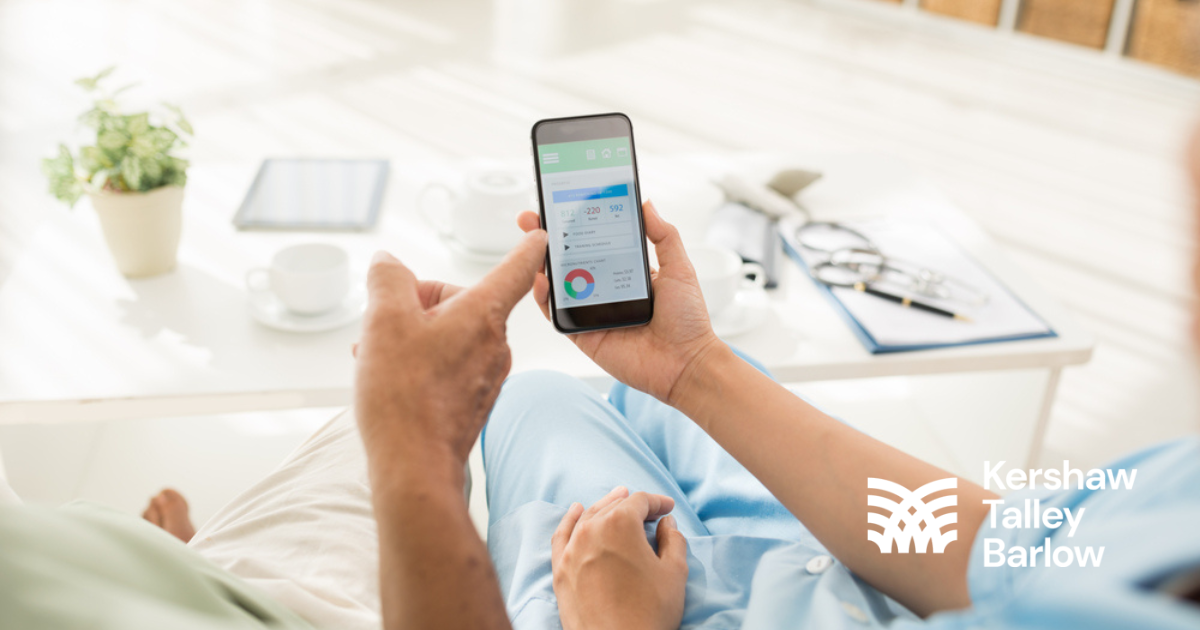Tandem Diabetes Care, Inc. has issued a recall for version 2.7 of its Apple iOS t:connect mobile app over problems that can cause insulin pumps to shut down prematurely. The t:connect app is utilized alongside the company’s t:slim X2 insulin pump.
According to the FDA recall, at least 224 injuries were linked to the defective insulin pump app.
What Prompted the t:connect App Recall?
As reported by the FDA, the recall was initiated due to reports of the app experiencing software-related issues that could potentially impact its performance.
Specifically, these issues involve software glitches that can cause the app to crash and relaunch repeatedly, which can result in the pump’s battery being drained by excessive Bluetooth communication. According to Tandem, this battery drain can cause the pump to shut down “earlier than typically expected,” which in turn might result in users receiving insufficient doses of insulin.
Understanding the Risks of the t:connect Software Defect
The potential risks associated with software issues in the t:connect app cannot be understated, particularly for individuals relying on the app and the t:slim X2 insulin pump for managing their diabetes. In fact, the FDA has designated the recall as a “Class I” recall – the most serious recall classification reserved for product defects that pose risks of serious injury or death.
The most significant risks associated with defective t:connect software have to do with incorrect insulin dosing:
- Hyperglycemia: In an Urgent Medical Device Correction letter sent to consumers in March 2024, Tandem warned that premature pump shutdowns caused by its application’s software glitch can lead to an “under delivery of insulin and may result in hyperglycemia.”
- Severe Hyperglycemia / Ketoacidosis: Tandem’s March letter also acknowledged that prolonged periods of insulin under delivery, or no insulin delivery caused by repeated app crashes, can result in severe hyperglycemia. This may cause users to experience diabetic ketoacidosis that may require medical intervention or hospitalization.
No deaths associated with the t:connect app have been reported, but the FDA has received over 220 reports of diabetic users suffering injuries.
What t:connect Users Should Do
If you're using the t:slim X2 insulin pump in conjunction with the t:connect app version 2.7 on an Apple iOS device, it's crucial to take immediate action. In its March letter, Tandem urged customers to take the following steps:
- Discontinue the use of the t:connect version 2.7 app and update to version 2.7.1 or later. To identify the version of your mobile app, open the app, click the “Settings” icon, and then click “About.”
- Continue to use the pump as instructed by the User Guide and pay attention to all system alerts and alarms, including those which alert users when the pump stops.
- Closely monitor the battery level of the pump to ensure it is at or near full charge before use and before going to sleep to avoid pump shutdowns. Begin charging the pump after the first low battery alert.
- Always carry backup insulin delivery supplies in case of pump failure.
The Rights of Victims Injured by Defective Products
If you've been injured because of using Tandem Diabetes Care’s t:connect mobile app and insulin pump, you may have a claim for compensation
That’s because victims injured by defective medical devices have the right to hold manufacturers, distributors, and retailers liable for damages when their faulty products fail to function as intended. However, claims filed over defective products are notoriously complex. They require extensive investigation, collaboration with experts, and sufficient resources to take on manufacturers and corporations with vested interests in limiting payouts and protecting their bottom lines.
At Kershaw Talley Barlow, we have the experience and resources these cases require, and are now actively investigating potential t:connect insulin pump app injury claims from users nationwide who suffered harm and losses due to the app’s defective software. During a free consultation, we can discuss your injuries, eligibility, legal options, and how we can help.
Based in Sacramento, we handle defective medical device cases nationwide. Call (916) 520-6639 or contact us online to request your FREE case review.


